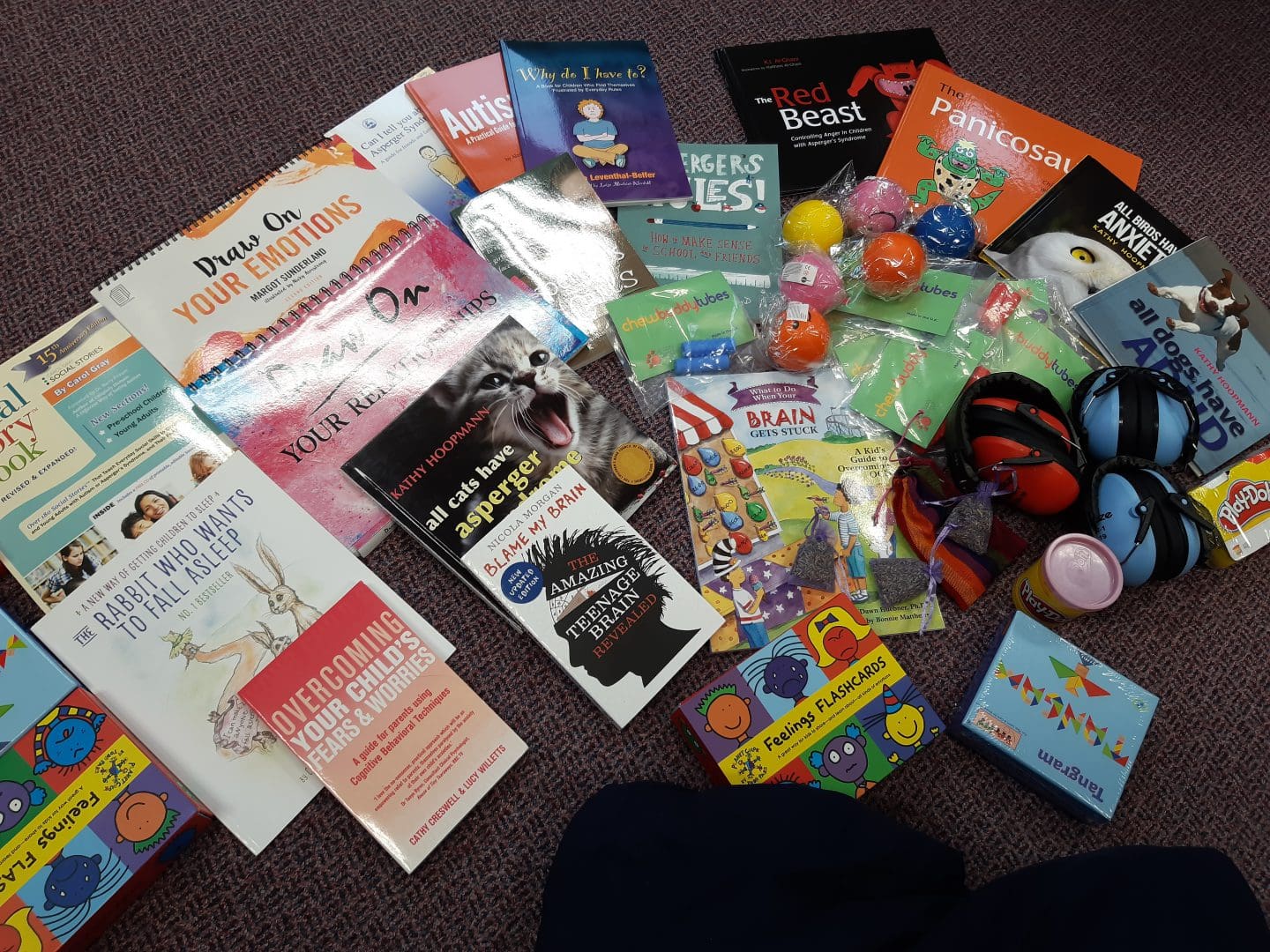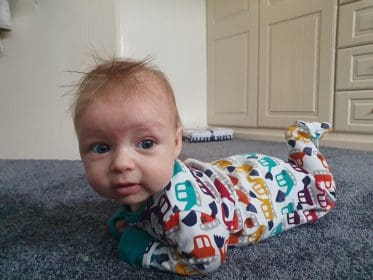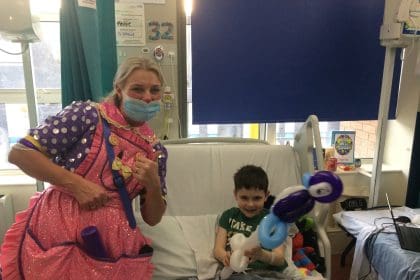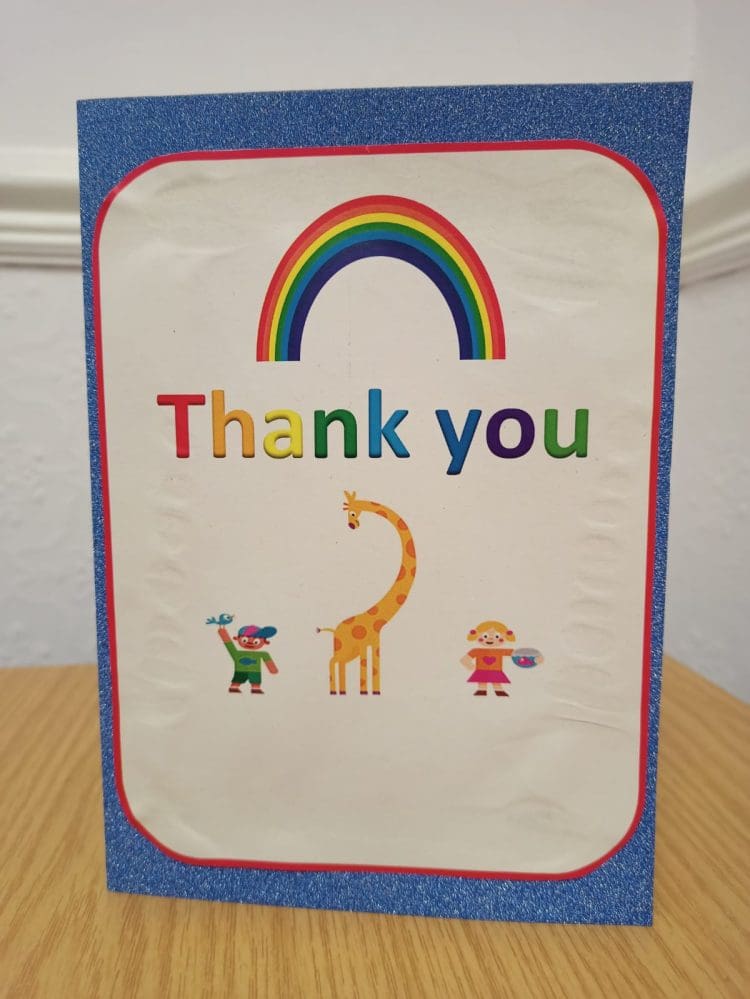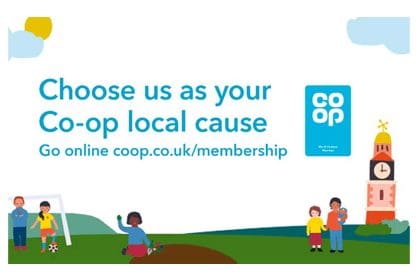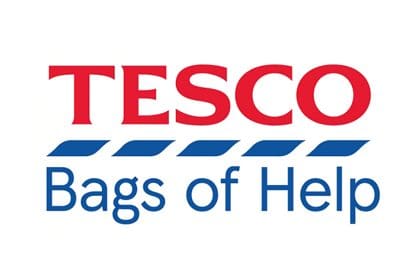10-year-old Archie* has autism and sensory processing difficulties. He came to CAMHS because he was really struggling in the evenings at home when the rest of the family were watching TV. Archie was concerned that something would come on the TV that scared him, and he didn’t like his family watching any programmes or films he hadn’t seen before.
CAMHS lent Archie’s family some ear defenders, which he used in the evening to block out the sound of the TV while he played on his iPad. This really helped the family spend quality time together and allowed his parents to have some time in the evening relaxing, which they had been unable to do for a long time.
The resources used to help Archie were typical of those provided for CAMHS by MedEquip4Kids.
Clinical psychologist Louise Piper says: “It is really useful to be able to show families resources, use them in sessions and lend them equipment to try at home. It’s been really helpful to offer some practical strategies and tools rather than just suggesting them.”
Since 2014 MedEquip4Kids has funded resources including games, toys, books, and communication aids for CAMHS across the UK.
At least one in ten children and young people has a diagnosable mental health condition. Having these resources available can really enable CAMHS to support and care for young patients, helping them to express and understand their feelings, as well as learning more about their condition and ways to cope.
If you’d like to support our CAMHS project and help give children better mental health, you can donate here. Or for more information, please call us on 0161 798 1600 or email info@medequip4kids. Thank you.
*Archie’s name was changed to protect his identity.

